The number of electric vehicles in the US is growing. However, there’s a lack of awareness about the benefits of EVs. As a result, a number of myths about electric vehicles are making rounds among people.
Here, we bust 19 such common myths surrounding electric vehicles. With the right information, people might find it easier to adopt and use EVs in their day-to-day lives.
EVs Don’t Offer Enough Range
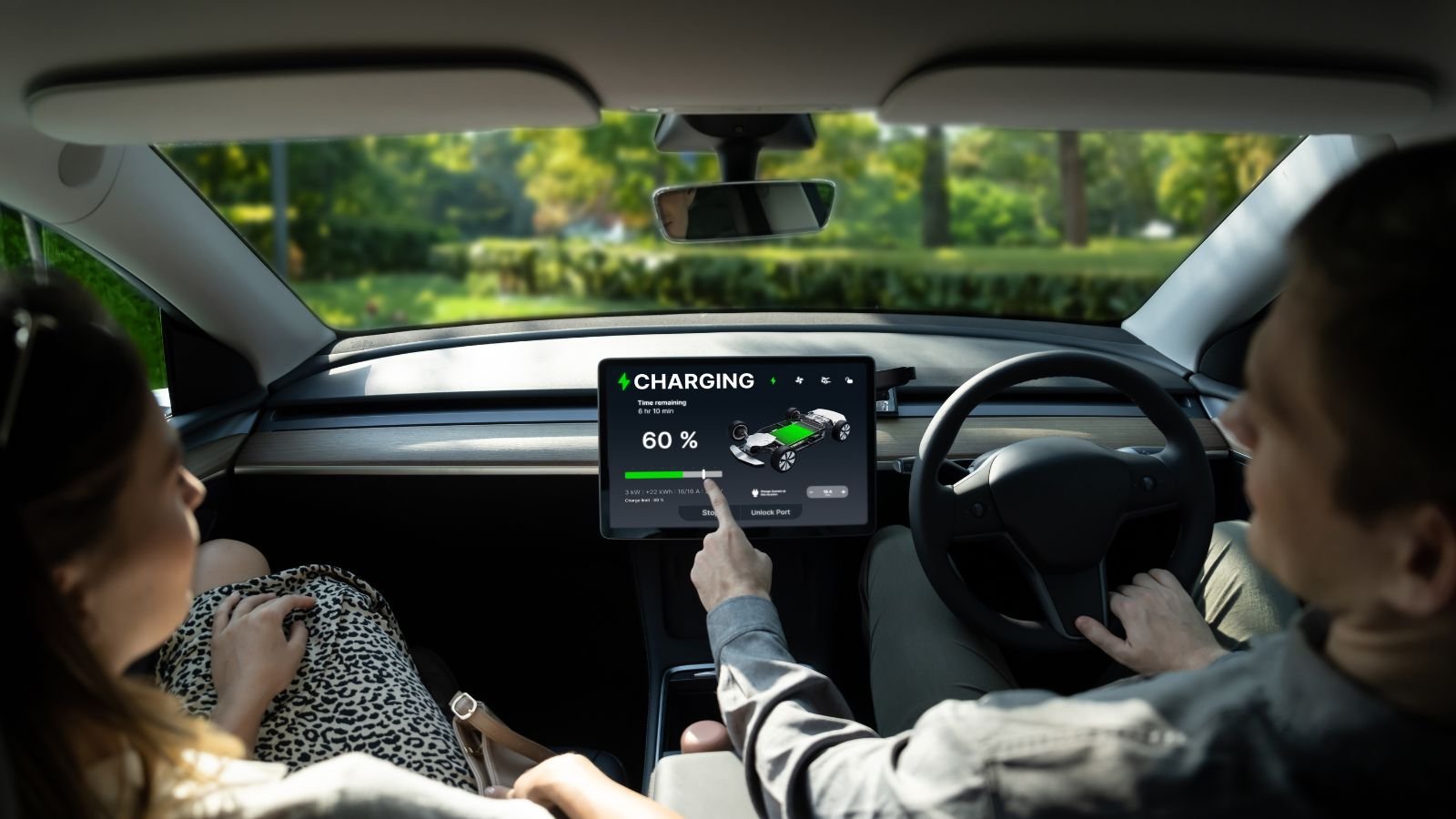
Many believe EVs can’t handle daily travel needs due to limited range. However, most new EVs boast ranges of 110 to 300 miles per charge. This range is more than sufficient for daily commutes and errands. Advances in battery technology continue to extend these distances further.
There Aren’t Enough Charging Stations
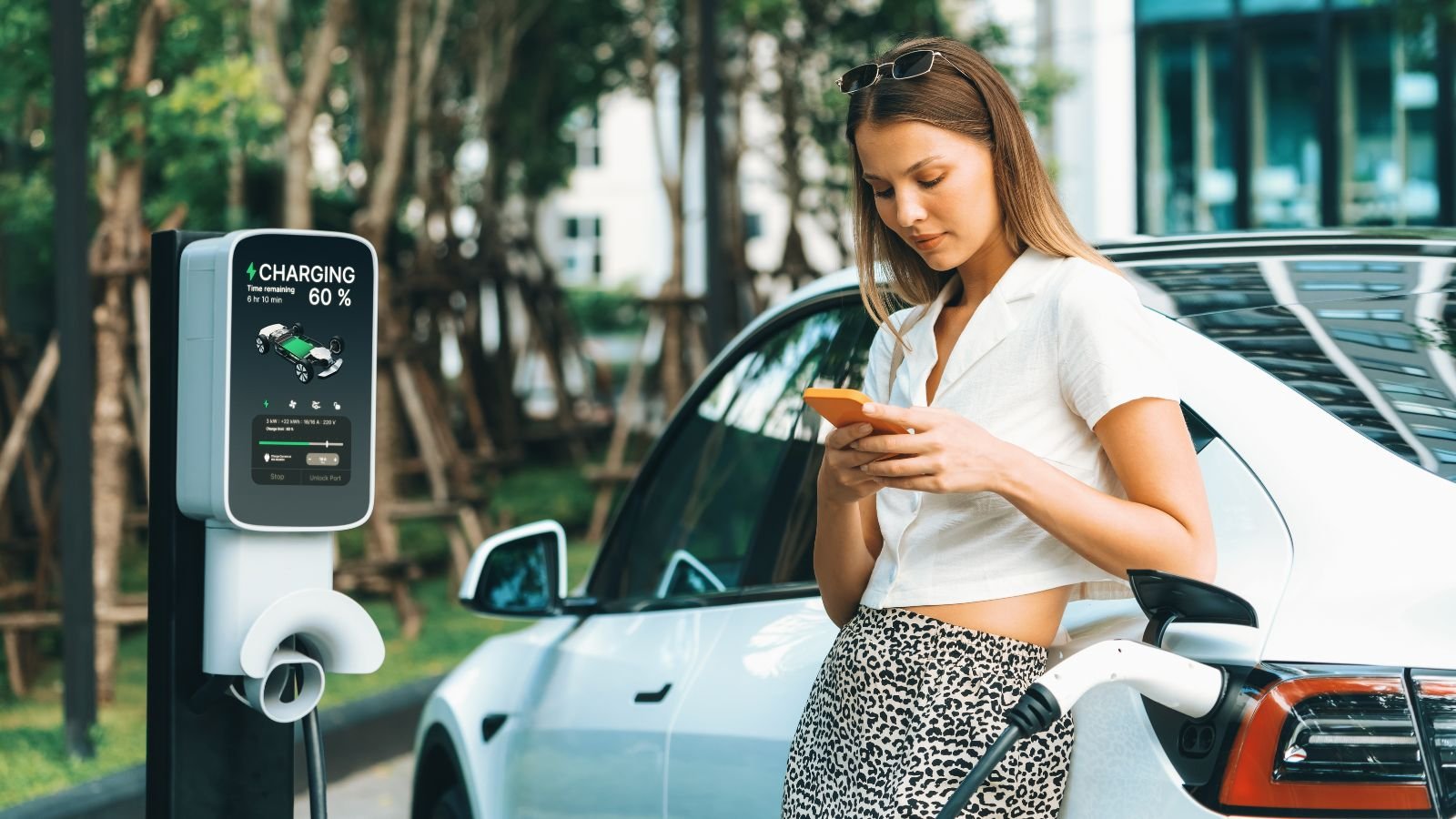
The perceived scarcity of charging stations discourages some potential EV owners. Yet, the number of public charging stations grows significantly each year. Many EV drivers primarily charge their vehicles at home overnight. Public stations are more about convenience on longer trips than daily necessities.
EV Charging Takes Too Long

Some potential users worry that charging an EV is time-consuming. While charging times vary, fast charging can boost battery levels within 30 minutes. Home charging overnight is a simple, effortless process. The evolving technology is consistently reducing charging times.
Electric Vehicles Are Too Expensive

The initial purchase price of EVs can be higher than traditional cars. However, lower costs and maintenance make EVs more affordable in the long run. EV owners pay just $1.22 for a distance covered by one gallon of gasoline through traditional cars. Many affordable EV options provide significant long-term savings.
EV Batteries Don’t Last

Concerns about battery life and replacement costs often deter potential EV buyers. Most EV batteries last the vehicle’s lifetime, with warranties covering up to 8-10 years. Battery technology improvements continue to increase lifespan and reduce replacement costs. Many EVs will likely never need a battery replacement.
EVs Don’t Perform Well

A common myth is that EVs lack the power and performance of gasoline cars. In reality, EVs can accelerate at par with many traditional cars due to instant torque. Electric vehicles offer smooth, responsive driving experiences. High-performance EV models rival or exceed the capabilities of gasoline sports cars.
Electric Cars Are More Likely to Catch Fire

Some believe EVs are more prone to fires than gasoline vehicles. However, statistics show that EVs are no more likely to catch fire than gasoline cars. In fact, the rate of fire incidents is lower for EVs. Safety standards and rigorous testing ensure EVs are as safe as other vehicles.
There’s Nowhere to Charge on Long Trips
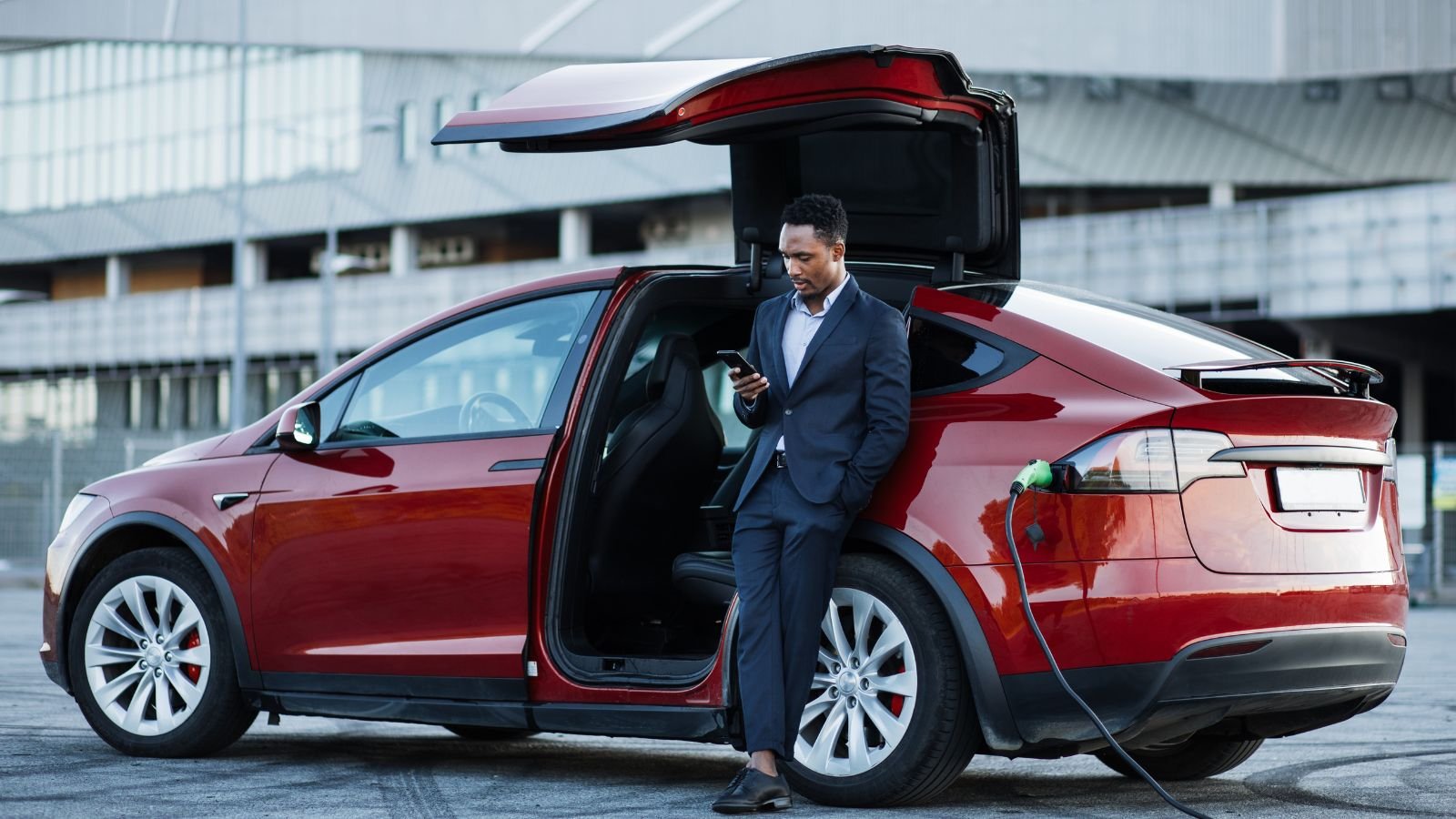
The idea that long trips are impractical in an EV persists among skeptics. The expanding network of fast-charging stations makes long-distance EV travel increasingly feasible. Planning for stops at charging stations adds minimal inconvenience. Many EV navigation systems help locate charging points, making travel seamless.
EVs Aren’t Actually Better for the Environment

Critics argue that EVs aren’t greener due to battery production and electricity sourcing. While manufacturing EVs has an environmental impact, it’s less over the vehicle’s lifetime. The shift towards renewable energy sources further reduces this footprint. EVs significantly decrease air pollution in cities.
EVs Will Overload the Power Grid

Some worry that widespread EV adoption will strain electrical grids beyond capacity. Grids are evolving and becoming more robust to accommodate increased electric demand. Smart charging strategies and off-peak charging alleviate potential strain.
Electric Vehicles Are Only for Short City Drives

The myth that EVs are only suitable for city driving overlooks their versatility. Many EV owners use their vehicles for both city commuting and longer journeys. The increasing range of new models expands their usability. EVs are proving to be as versatile as gasoline vehicles for various driving needs.
EV Maintenance Is Costly

There’s a misconception that maintaining an EV is more expensive than a gasoline car. Electric vehicles actually have fewer moving parts, leading to lower maintenance costs. Regular service mainly involves simple checks and tire maintenance. EVs eliminate the need for oil changes, among other common maintenance tasks.
EVs Lack Luxury and Convenience Features
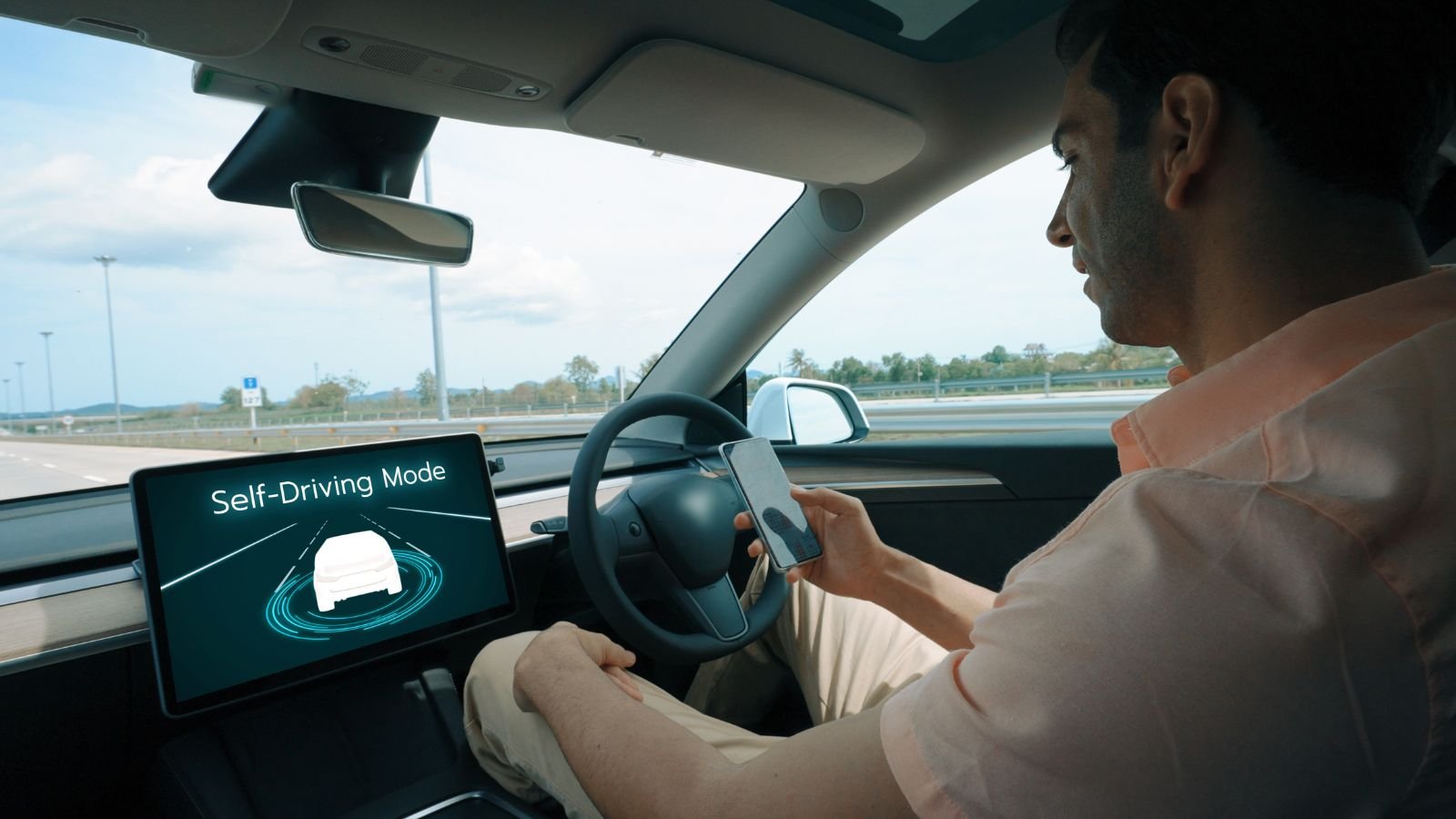
Some potential buyers assume EVs skimp on luxury and convenience. However, many electric vehicles offer the same high-end features as luxury gasoline cars. EVs often lead in integrating advanced technology and comfort amenities. Manufacturers are increasingly focusing on enhancing the luxury aspects of EVs.
Resale Values of EVs Drop Quickly

Concerns about the rapid depreciation of EVs deter some from purchasing. However, as EV popularity grows, their resale values are stabilizing and even improving. The demand for used EVs is on the rise. Increasing awareness and demand ensure that EVs maintain their value over time.
EV Production Is Harmful

One common myth is that the production impact of EVs outweighs their benefits. Studies show that over their lifetime, EVs have a significantly lower environmental impact. The production emissions are offset by the clean operation over the vehicle’s life. EVs contribute far less to pollution and greenhouse gas emissions.
Fast Charging Damages EV Batteries
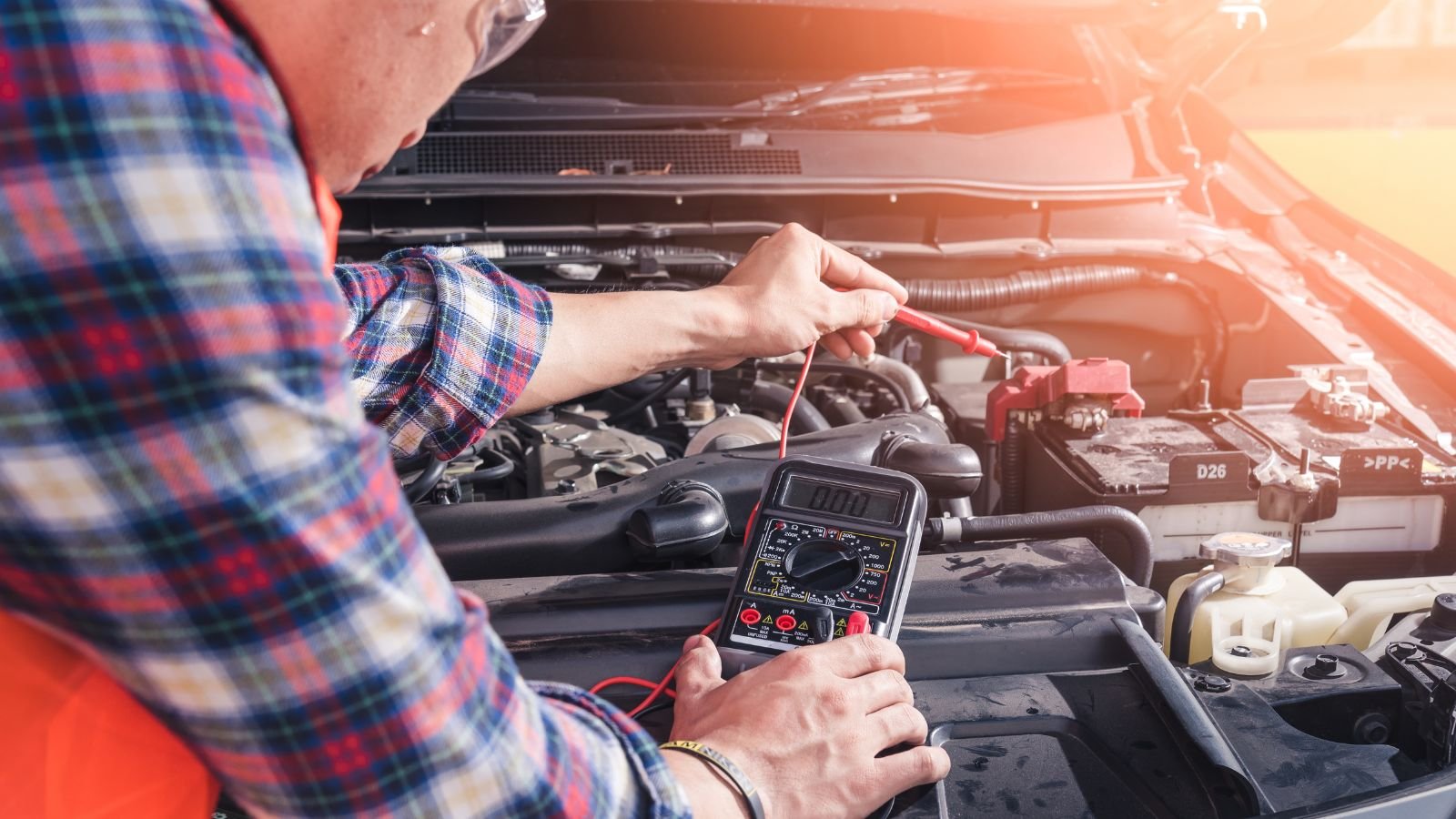
Some fear that fast charging degrades EV batteries faster. While excessive fast charging can affect battery health, occasional use is not harmful. EVs can handle fast charging without significant impact. Manufacturers recommend a mix of charging methods to optimize battery life.
Electric Vehicles Are a Passing Trend

The idea that EVs are just a trend underestimates their impact and staying power. With global pushes for sustainability, EVs are here to stay. The automotive industry’s significant investments in electric mobility underscore its commitment. EVs represent a key part of the future of transportation.
You Can’t Drive EVs Through Water

A peculiar myth suggests that driving an EV through water is dangerous. EVs are subject to rigorous safety standards and are fully waterproofed. Many EVs can safely drive through water, just like gasoline cars. Safety features ensure no risk of electrocution.
Electric Vehicles Lack Choice and Variety

Initially, the EV market had limited options, but that’s no longer the case. The variety of EVs available is expanding rapidly, with models to suit every taste and need. From compact cars to SUVs and luxury vehicles, there’s an electric option available. This increasing variety caters to a broad spectrum of drivers.
